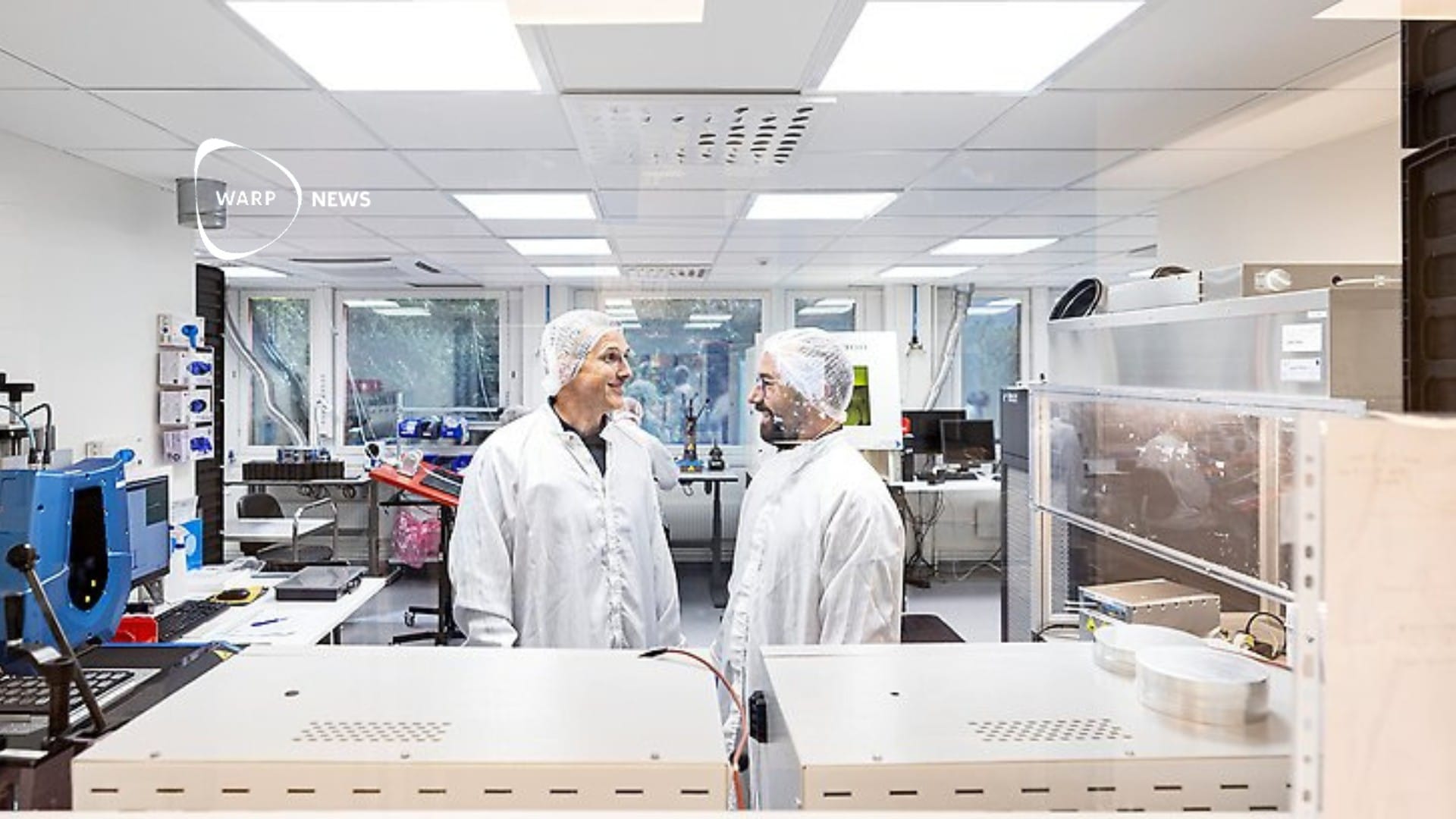
📱 Zimbabwe embraces Smart Health and Agriculture
As part of efforts to improve efficiency and production, Zimbabwe has adopted Smart Health and Smart Agriculture respectively.
Share this story!
Zimbabwe's Minister of Information, Publicity, and Broadcasting Services, Monica Mutsvangwa, told journalists on November 23, 2021, that Smart Health and Smart Agriculture fall under what's known as the Smart Zimbabwe Master plan, under which the country is pursuing the Vision 2030 goal of a digital economy.
“Information Communication Technologies (ICTs) including sensor systems, internet connectivity and artificial intelligence will enable agricultural data to be collected timeously and informed decisions to be made. In this regard, Government is currently developing the Agriculture Information Management System (AIMS) to monitor and manage agricultural activities,” she said.
Mutsvangwa highlighted that the critical components of AIMS include assessment of crop threats, water information system; inputs supply system management; land soil fertility mapping by remote sensing or mobile apps, and others.
She indicated that the implementation of AIMS would result in remote interaction between farm owners, managers, and workers in real-time; promoting effective agriculture knowledge, technology, and innovation systems; lowering costs of production; improved access to agricultural information and increased income through reduced post-harvest losses and direct connection to agro-value chains.
Regarding smart health, Mutsvangwa opined that initiatives such as telemedicine have proved to be very effective in overcoming barriers to health care and ensuring timely provision of services.
“A telemedicine virtual system is also being rolled out. Government wishes to advise that a pilot tele-medicine project valued at US$357 632 is being implemented in partnership with the International Telecommunications Union. The pilot project entails the use of ICTs to facilitate the provision of clinical health care using real-time two-way communication between physicians and patients at remote rural centres. A total of 15 health centres were equipped with state-of-the-art Transportable Examination Stations comprising high-resolution autofocus examination cameras, stethoscope, a Total Vital Signs test device, a laptop, ultrasound scan devices, electrocardiography services and blood pressure cuffs,” she said.
“All 15 centres are linked to Parirenyatwa Referral Hospital, allowing for sharing of patient data and consultations with other referral healthcare institutions. It should be noted that the telemedicine solution is fully integrated to the Impilo Virtual Health System recently launched by the Ministry of Health and Child Care.”
According to Mutsvangwa, the Smart Health Programme deliverables include improved; health service delivery and efficiencies, health surveillance, health-system, and records management.
Furthermore, Mutsvangwa stated that the program's other benefits include offering treatment to patients in the comfort of their homes, confidentiality of medical information, reduction in traveling costs to health facilities, high responsiveness to medical emergencies, and reduced referrals consultation fees, and mortality rates.
This strong-willed effort to develop technologically will help bridge the technological gap between Africa and Europe, giving the former the leverage to develop its economy to more or less levels reached by the latter in the foreseeable future.
By becoming a premium supporter, you help in the creation and sharing of fact-based optimistic news all over the world.


